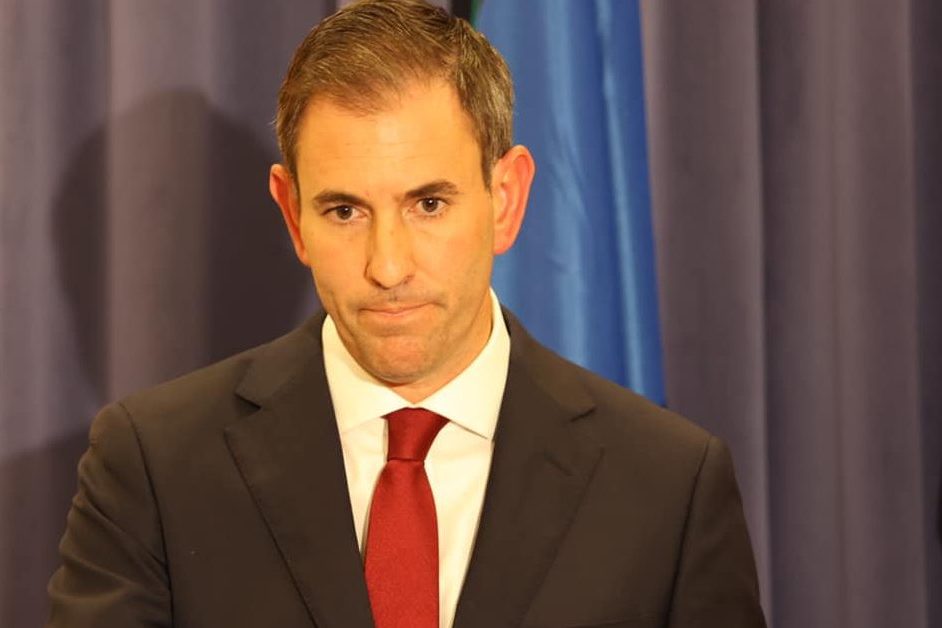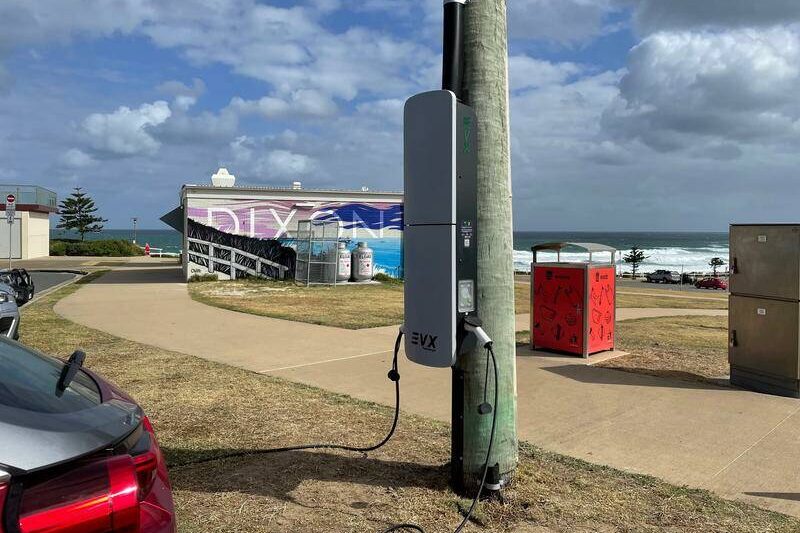
Treasurer Jim Chalmers seeks to allay fears industry policy will be financial ‘free-for-all’, reports MICHELLE GRATTAN.
Treasurer Jim Chalmers has flagged substantial public investment, likely tax breaks and other incentives in next month’s budget to encourage industry, while stressing there won’t be a “free-for-all” of public funds.
“We’re talking about incentivising private investment rather than replacing it,” he said, as debate rages about Anthony Albanese’s announcement last week of his new interventionist policy.
Chalmers also said he will soon unveil reforms to the government’s foreign investment guidelines. These will streamline processes for some bids but make the rules tougher for others.
The May 14 budget is still expected to have a surplus. But poor growth in the Chinese economy and a tumble in the iron ore price have produced headwinds.
Chalmers told the ABC the treasury had downgraded the forecast for China’s growth.
China’s growth was expected to have “a four in front of it, for three consecutive years,” Chalmers said. That would be the slowest period of growth in China since that country began opening in the late 1970s. More figures on the Chinese economy will be out on Tuesday.
The plunge in iron ore prices has delivered a hit to the budget’s bottom line. The price has gone from more than $US130 a tonne in January to the low $US90s. According to treasury, this fall has reduced the upgrade to the nominal economy by $A35 billion and cut the upgrade to tax receipts by nearly $A9 billion over the forward estimates.
A major reason for the price plunge has been concern about demand for steel from China.
Chalmers sought to play down criticism of the government’s industry policy from the head of the Productivity Commission, Danielle Wood, whom he appointed. Wood last week warned of the danger of support becoming entrenched and urged there be an exit strategy.
“Danielle Wood made some important points but some obvious points about making sure we get value for money. We’ve got strict frameworks, we’ve got exit strategies and off-ramps and we’re taking into consideration the impact of these plans on the economy more broadly.”
Chalmers said the policy would align Australia’s national and economic security interests. “It’s how we deliver another generation of prosperity, by making ourselves an indispensable part of the global push to net zero.
“When it comes to public and private investment, it’s really important to remember that what we’re talking about here isn’t some kind of free‑for‑all of public funds, we’re talking about incentivising private investment rather than replacing it.
“The heavy lifting will still be overwhelmingly done by the private sector but there’s an important role to play by governments and by public investment as well.
“That will still only be a sliver of the hundreds of billions of dollars that we need to land this energy transformation, to make ourselves a renewable energy superpower and to secure our place in a future which will be dominated by the net zero economy.”
Chalmers said there would be “substantial” public investment in the budget.
“But it still won’t be the biggest piece of the story here and that’s why the budget will also have a very big focus on how we attract and deploy and absorb private sector investment as well in the service of these really important national economic objectives.”
Whatever is done on tax won’t include a cut in the company tax rate, the treasurer said.
Chalmers will visit Washington this week for a round of economic meetings.![]()
Michelle Grattan, Professorial Fellow, University of Canberra. Republished from The Conversation.
Who can be trusted?
In a world of spin and confusion, there’s never been a more important time to support independent journalism in Canberra.
If you trust our work online and want to enforce the power of independent voices, I invite you to make a small contribution.
Every dollar of support is invested back into our journalism to help keep citynews.com.au strong and free.
Thank you,
Ian Meikle, editor




Leave a Reply